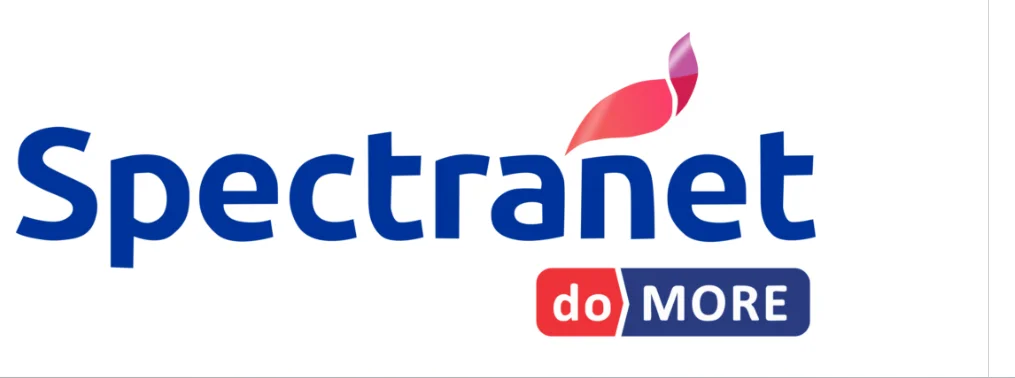Online education platform Chegg has announced plans to eliminate 22% of its global staff—equivalent to roughly 248 positions—as it struggles to adjust to changing trends in how students seek academic support. The firm cited the widespread use of AI-driven solutions like OpenAI’s ChatGPT as a major factor disrupting demand for its traditional services, including textbook rentals, study help, and tutoring.
The reduction in workforce forms part of a larger cost-cutting initiative aimed at improving operational efficiency in the face of mounting losses and decreasing subscriber numbers.
AI Tools Disrupting Web Traffic and Core Business
Chegg has been experiencing a steady drop in traffic to its website, a trend it expects to persist in the near future. A significant portion of this decline stems from the way Google’s search engine now handles information. Through its AI Overviews feature, Google retains more users within its search results, while also gradually redirecting queries to its own Gemini AI assistant.
Adding to the pressure, AI developers like OpenAI and Anthropic have been offering free access to their premium academic tools, further diminishing Chegg’s market appeal among students and educators.
Office Closures and Expense Reductions Planned
As part of the restructuring effort, Chegg will shut down all its office locations in the United States and Canada by the end of 2025. The company also plans to scale back investment in key areas such as product development, marketing initiatives, and administrative functions.
Chegg estimates that the financial impact of the downsizing will lead to one-time charges totaling between $34 million and $38 million, most of which will be recorded in the second and third quarters of the year.
Long-Term Savings Projected to Exceed $100 Million
Despite the upfront restructuring costs, Chegg anticipates that the overhaul will generate significant long-term savings. The company projects cost reductions ranging from $45 million to $55 million in 2025, and between $100 million and $110 million in 2026, as it streamlines operations and cuts non-essential expenses.
Subscriptions and Revenue Take a Sharp Hit
Chegg also revealed disappointing financial results for the first quarter of the year. The platform reported a 31% drop in subscribers, falling to 3.2 million. Total revenue declined 30% year-over-year to $121 million, with subscription-based income dipping nearly a third to $108 million.
The decline reflects not only competition from AI tools but also broader shifts in how students access academic resources—moving away from traditional platforms in favor of faster, AI-powered answers.
Legal Battle with Google Over AI Content
Earlier this year, Chegg took legal action against Google, accusing the tech giant of undermining online content creators and education platforms. The February lawsuit claims that Google’s AI-generated summaries are deterring users from visiting external sites, directly harming publishers’ business models and reducing web traffic.
Chegg argued that these practices compromise its ability to compete, particularly as search engine-generated answers replace original, human-created academic content.
As of the end of 2024, Chegg employed 1,271 people globally. That figure will fall significantly as the company undergoes this strategic transformation in a bid to survive a fast-evolving digital education landscape.












